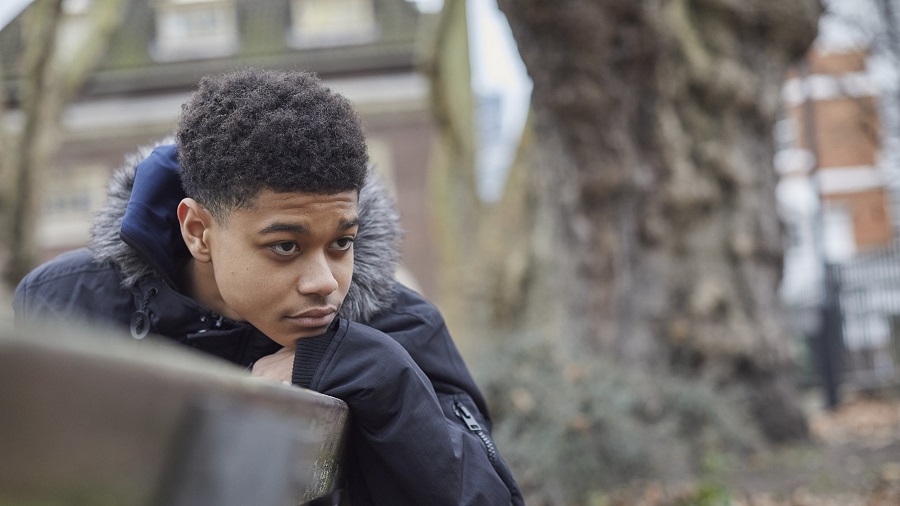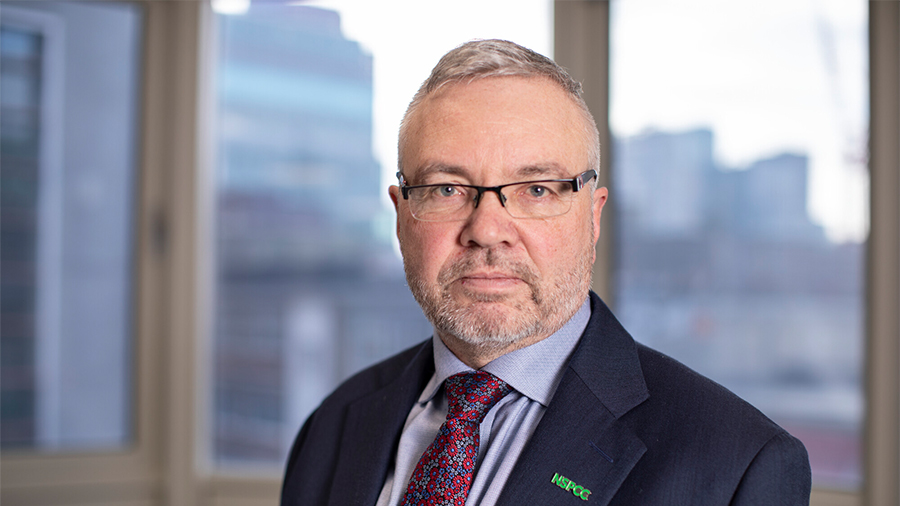Our survey of more than 8,000 UK teachers shows the essential role that schools play in keeping children safe.

New survey data released today highlights the worrying scale of abuse and neglect faced by children, and the vital role that teachers and schools play in helping to keep them safe.
That’s why we’re putting schools at the heart of our annual Childhood Day on 9 June by launching the Childhood Day Mile.
And while schools play a vital role, everyone can help raise funds to help keep more children safe. You can take on the mile, donate, or volunteer to collect in your community.


